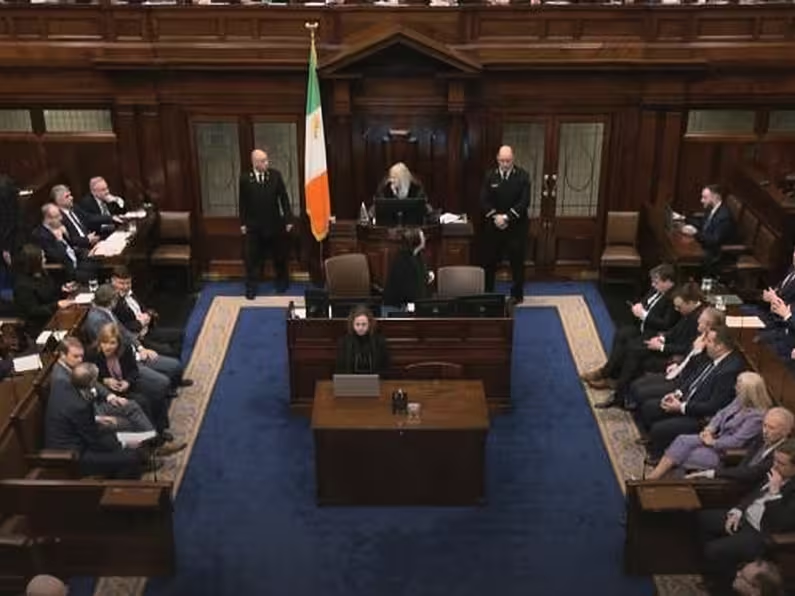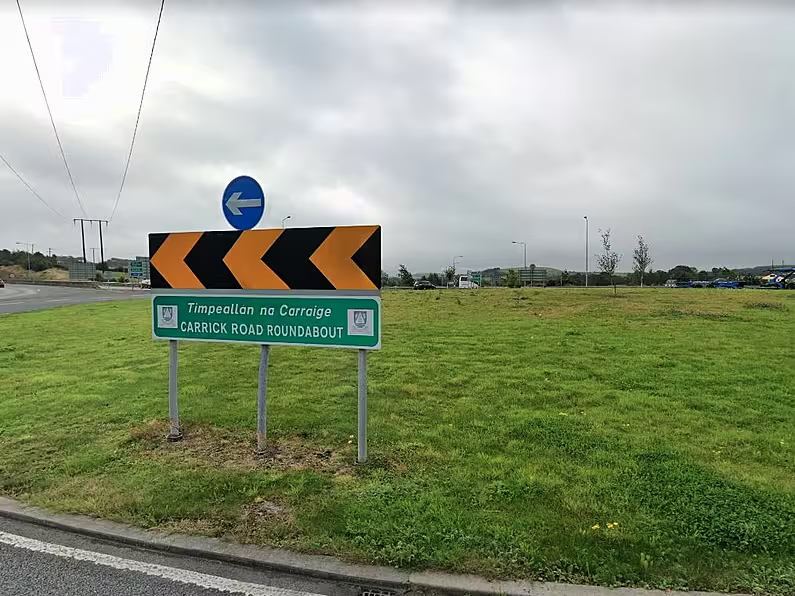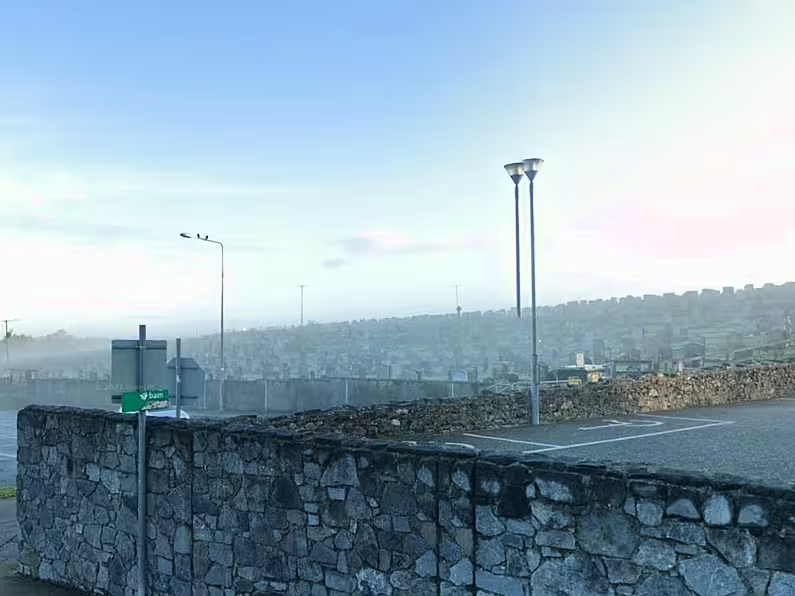Paul Neilan
The suspended sentence imposed on a man who allowed two handguns to be hidden inside his Henry Hoover at the height of a gangland feud was too lenient, the DPP has told the Court of Appeal.
Today at the three-judge Court of Appeal, Garrett McCormack BL said the State was appealing the undue leniency of a four-year suspended sentence handed down in May to Stephen O'Connor by Dublin Circuit Criminal Court.
At trial, the court heard that O'Connor (45) was approached by a criminal figure while he was “incredibly vulnerable” and agreed to hold onto the firearms in order to “get them off his back”.
O'Connor, of Carndonagh Lawns, Donaghmede, pleaded guilty to unlawful possession of firearms at his address on September 7th, 2019. The offence carries a maximum prison sentence of 14 years. O'Connor has no previous convictions.
Dublin feud
On Friday, the court heard from Mr McCormack that O'Connor held the guns at the "height of a feud in the city centre".
Counsel said that O'Connor was found with two semi-automatic firearms both loaded with 15 rounds of 9mm Luger ammunition. He said both weapons were in "working order" and were stored for "ease of access" for criminals.
Mr McCormack said that the State did not take issue with the four-year sentence fixed by the trial judge but argued that the judge should not have suspended the sentence in its entirety.
Ms Fiona Murphy, for the respondent, said that during the feud in Dublin "people were leaned on on a regular basis" and that her client was in his 40s at the time of the offence without ever having come to the attention of gardaí.
Ms Murphy said that before the incident, O'Connor had twice attempted to take his own life and suffered "very serious" mental health issues.
Counsel said that, while her client allowed his van to be used to store weapons, no DNA from O'Connor had been found on them.
'Extremely vulnerable'
Ms Murphy said O'Connor was "extremely vulnerable" at the time due to a breakdown and had lost two of his own brothers to suicide.
Counsel said that O'Connor's case was "exceptional towards unique" and that the trial judge had not erred in fully suspending the sentence.
She said that her client had been "preyed" on and had not given gardaí any difficulties in their investigations. She said that O'Connor had always stayed away from the criminal element in the area where he lived and that he had suffered self-harm to the extent that it was "life or death" for him.
Presiding judge Mr Justice George Birmingham said the court would reserve judgement in the matter, noting it was a "very serious case".
At trial, Detective Garda Jonathan Griffin told Mr McCormack, prosecuting, that a search warrant was obtained for O'Connor's home. Nothing was found inside the house, although a set of keys for a van parked behind the house were seized from O'Connor.
Det Gda Griffin said a second search warrant was obtained for the van and gardaí discovered a Henry Hoover within. Hidden inside this were two semi-automatic pistols with 15 rounds of ammunition.
Det Gda Griffin had agreed with Ms Murphy that her client seems to have serious mental health issues.
Sentencing O'Connor in May, Judge Elma Sheahan noted that the guns were found “at a time of significant gangland activity in Dublin city”.
“The accused was friendly with a person of this ilk,” she said. The judge noted that this “criminal figure” was aware of O'Connor's vulnerabilities. She accepted that O'Connor was “used and taken advantage of by this acquaintance or so-called friend”.
The judge noted that if the court were to be seen as being lenient to accused people who were vulnerable, “then this legislation has failed”.
However, she said the court was struck with the particulars of O'Connor's background, including his mental health difficulties, the fact he had maintained employment and relationships notwithstanding this and the fact he has no previous convictions.











